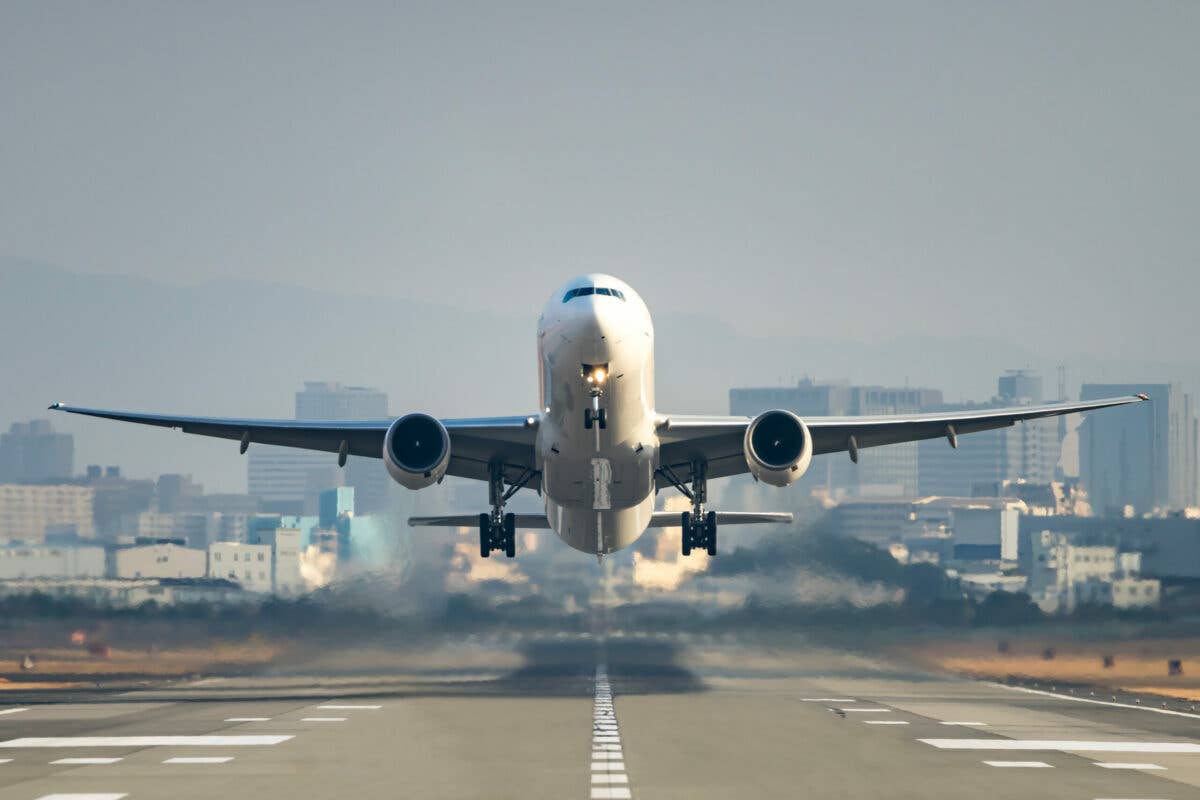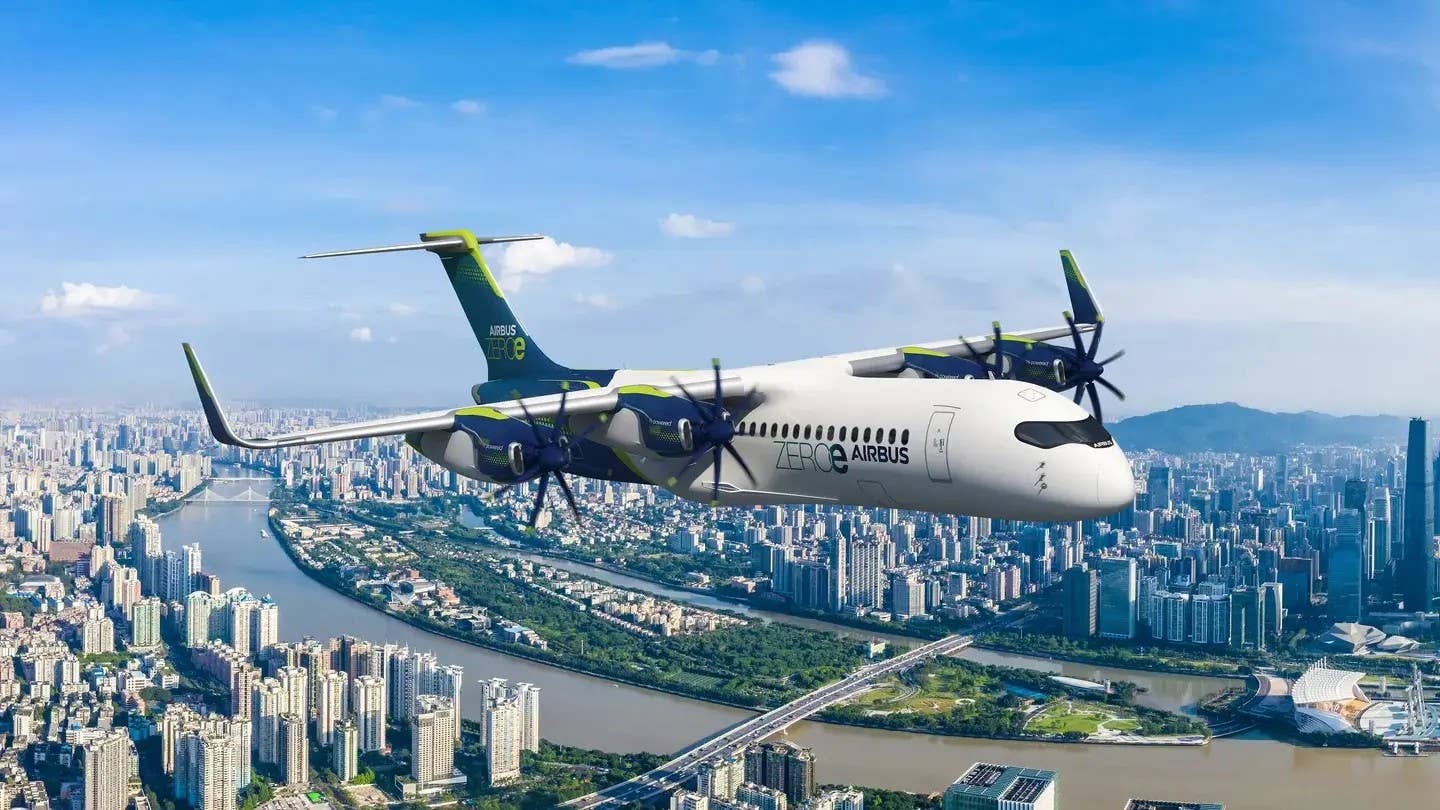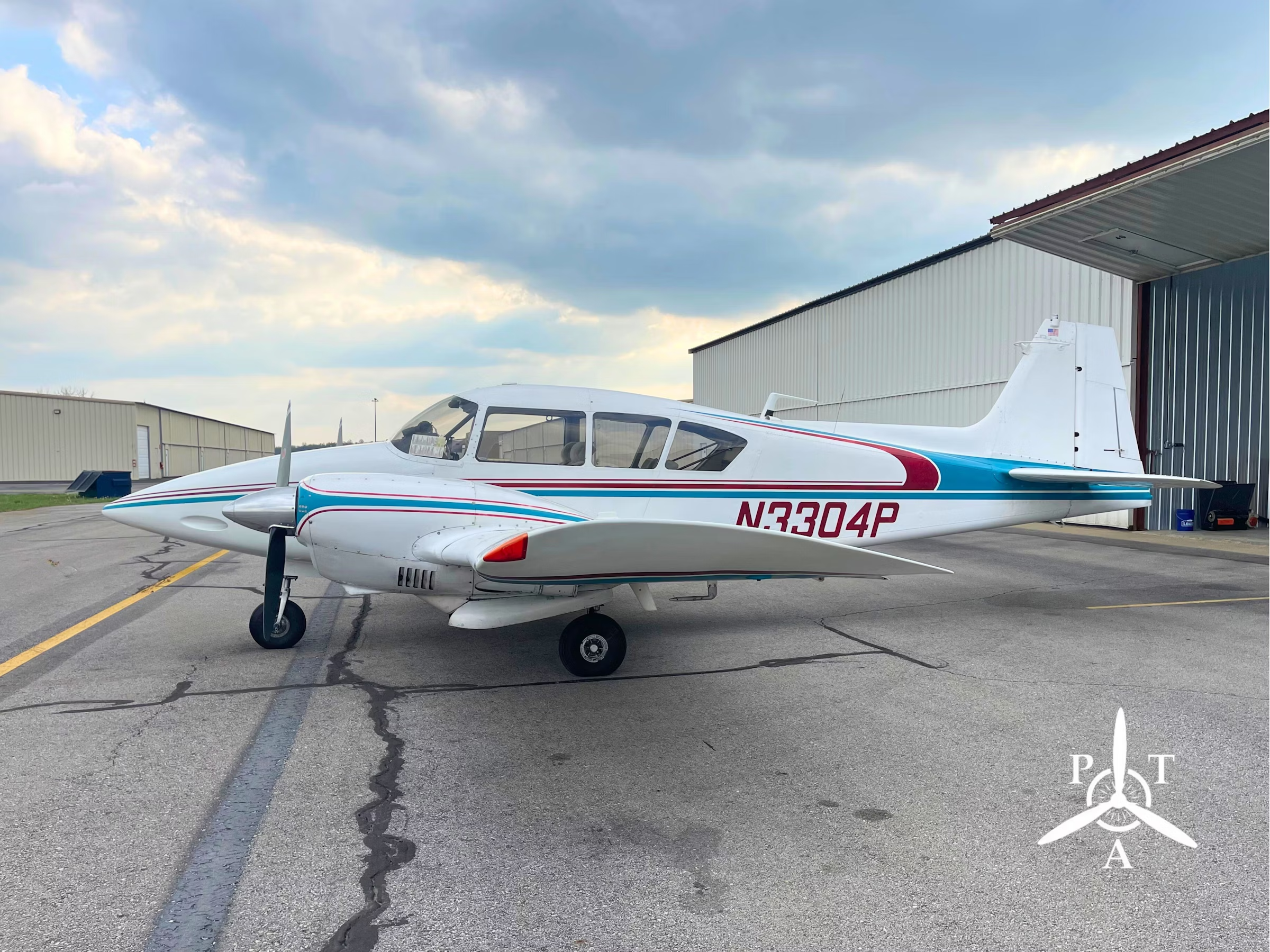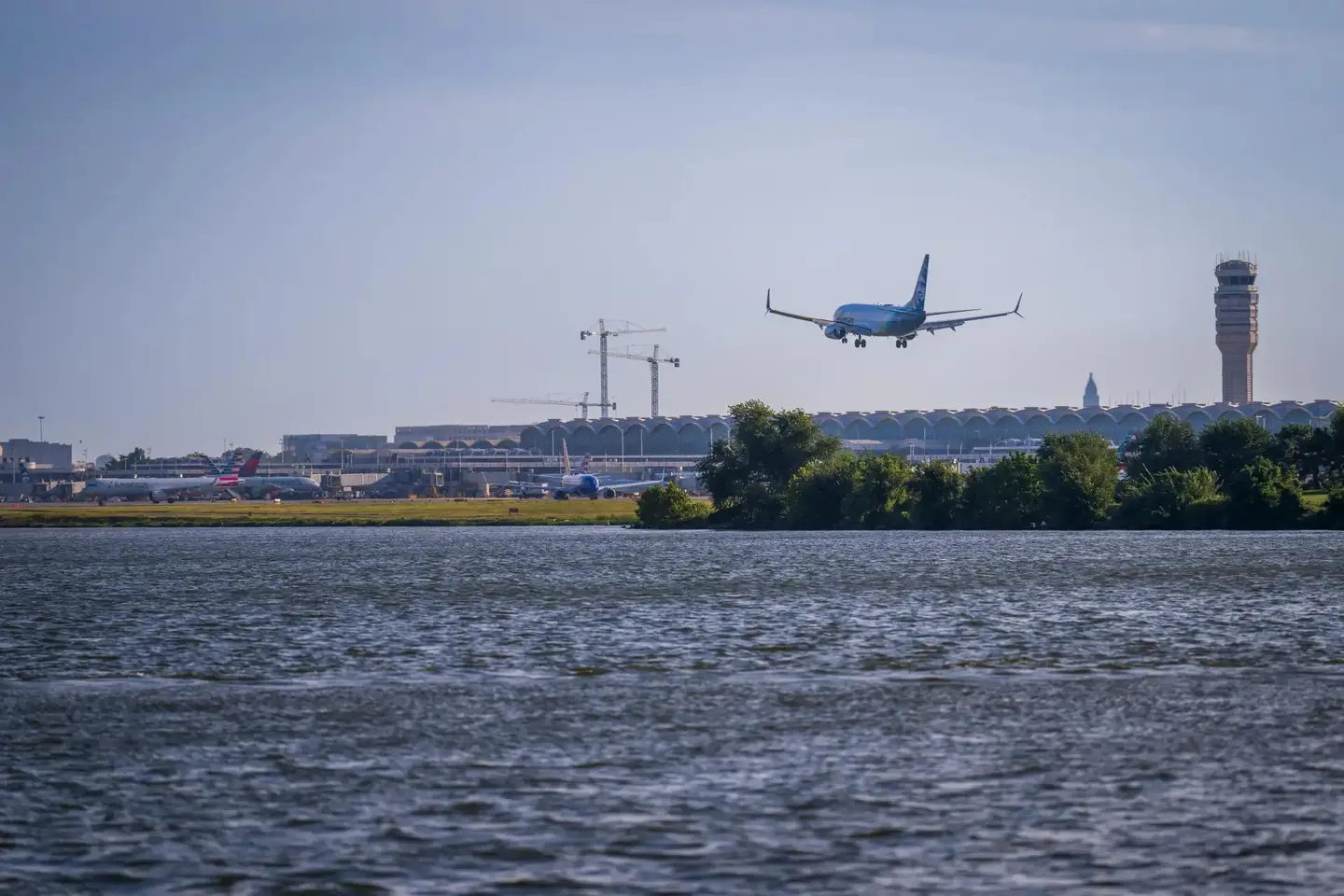Pilots Union Opposes Boeing 737 MAX Exemption
The labor group is opposed to efforts to certify the 737 Max 7 and Max 10 without modernized flight crew alerting systems.
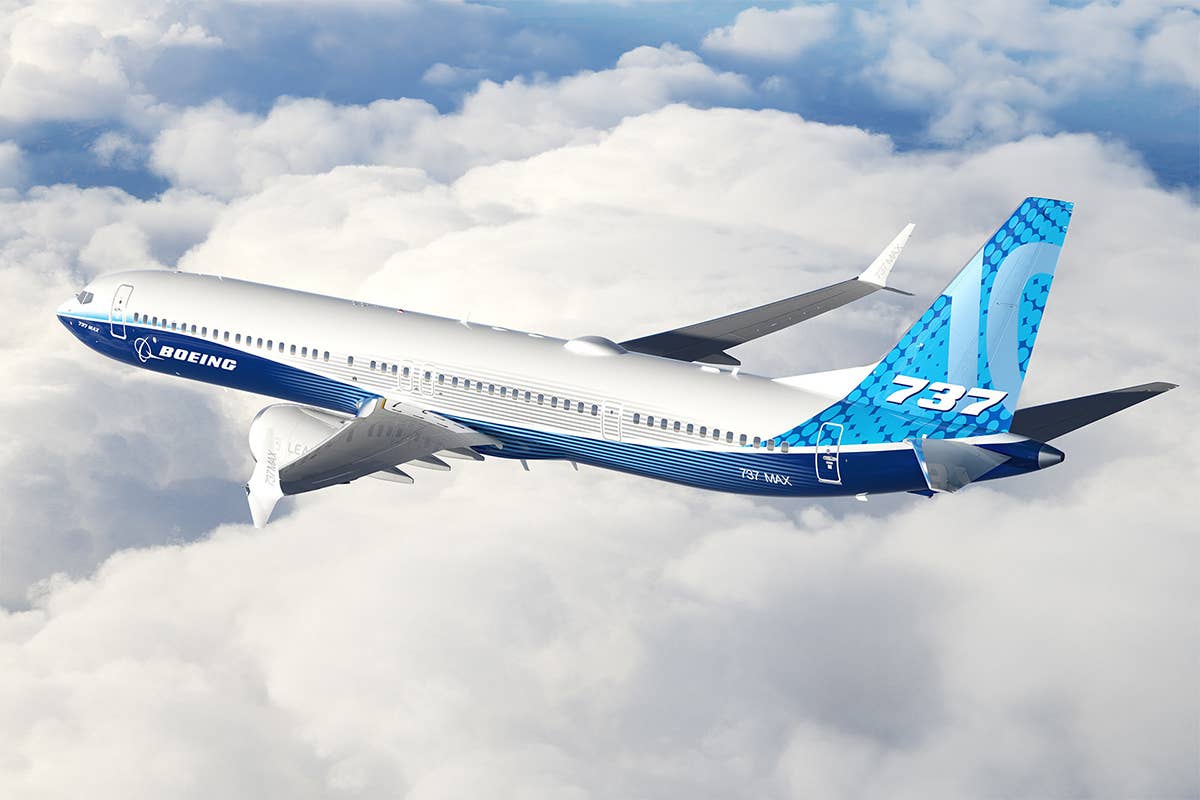
Boeing faces a deadline of this December to receive certification of its 737-10, the largest variant of the 737 Max program. [Courtesy: Boeing]
The labor union representing American Airlines (NASDAQ: AAL) pilots is voicing opposition to an effort in Congress to extend an exemption to The Boeing Company (NYSE: BA) that would allow the company to certify two Boeing 737 Max models without a modernized flight crew alerting system. Boeing asked for the exemption for both the 737 Max 7 and Max 10 models, saying that without the exemption it cannot meet its December deadline for FAA certification of the aircraft.
According to Reuters, Boeing must achieve regulatory approval for the Max 10 and the slightly smaller variant—the Max 7—no later than December to meet its delivery deadlines.
In addition, if Boeing does not meet the deadline and no extension is granted, the aerospace manufacturer will have to equip both the Max 7 and the Max 10 with modernized flight crew alerting systems in order to meet additional safety requirements set forth by the new Aircraft Certification, Safety, and Accountability Act (ACSAA), which goes into effect January 1, 2023.
The Allied Pilots Association (APA) represents some 15,000 pilots at American Airlines and is in favor of Boeing installing the modern crew alerting systems on these aircraft. The American Airlines fleet is made up of more than 300 Boeing 737s.
"Boeing needs to proceed with installing modern crew alerting systems on these aircraft to mitigate pilot startle-effect and confusion during complex, compound system malfunctions," said APA president Capt. Edward Sicher. "Once these systems are installed and pilots have been properly trained on them, our crews will be better able to identify system failures and prioritize corrective actions that could save lives.”
The new cockpit-alerting requirements that are part of certification reform legislation that was passed in 2020 after two 737 Max accidents—one in Indonesia, the other in Ethiopia—that killed 346 people. In the aftermath, the global fleet of Boeing 737 Max jets was grounded for two years while Boeing, the NTSB, and the FAA conducted investigations.
The accidents were blamed on issues with the 737 Max and its maneuvering characteristics augmentation system (MCAS). According to a congressional investigation, both crashes were attributed to “the plane-maker’s unwillingness to share technical details.” Changes were made to the MCAS software and new training protocols were developed. The aircraft returned to service in November 2020.
Last month, Boeing agreed to pay penalties of $200 million as part of a settlement to resolve charges by the Securities and Exchange Commission that Boeing “put profits over people” by misleading investors about the 737 Max and its MCAS. Boeing’s former CEO Dennis Muilenburg agreed to personally pay a penalty of $1 million. News of the settlement came a year and a half after Boeing agreed to a $2.5 billion settlement with the Justice Department to resolve charges that the company’s employees had misled the FAA. The settlement included a fine of $244 million and approximately $2.3 billion in compensation to airline customers and families of the victims.
As noted by Reuters, last month the FAA sent a letter to Boeing expressing concerns that the aerospace giant would not be able achieve certification for the Max 7 this year, which in turn would delay approval of the Max 10. Boeing must complete a laundry list of assessments that will be documented and reviewed by the FAA before certification can take place.
“We oppose any extension of the exemption and don’t agree with Boeing’s claim that pilots could become confused when moving from an airplane without the modern alert system to one that is equipped with it. Nothing could be further from our flight deck reality,” said Sicher, noting that pilots fly the Boeing 757 and 767, which are "substantially different airplanes, yet operate under a single certificate. Pilots have routinely flown both on the same day without any confusion. Pilots must have the tools we need to keep our passengers safe. By equipping these aircraft with modern crew alerting systems, Boeing can maintain a strong order book for them, which will in turn protect the jobs of the thousands of hard-working men and women who build the airplanes. Doing so will also help Boeing to continue rebuilding public trust.”

Sign-up for newsletters & special offers!
Get the latest FLYING stories & special offers delivered directly to your inbox

